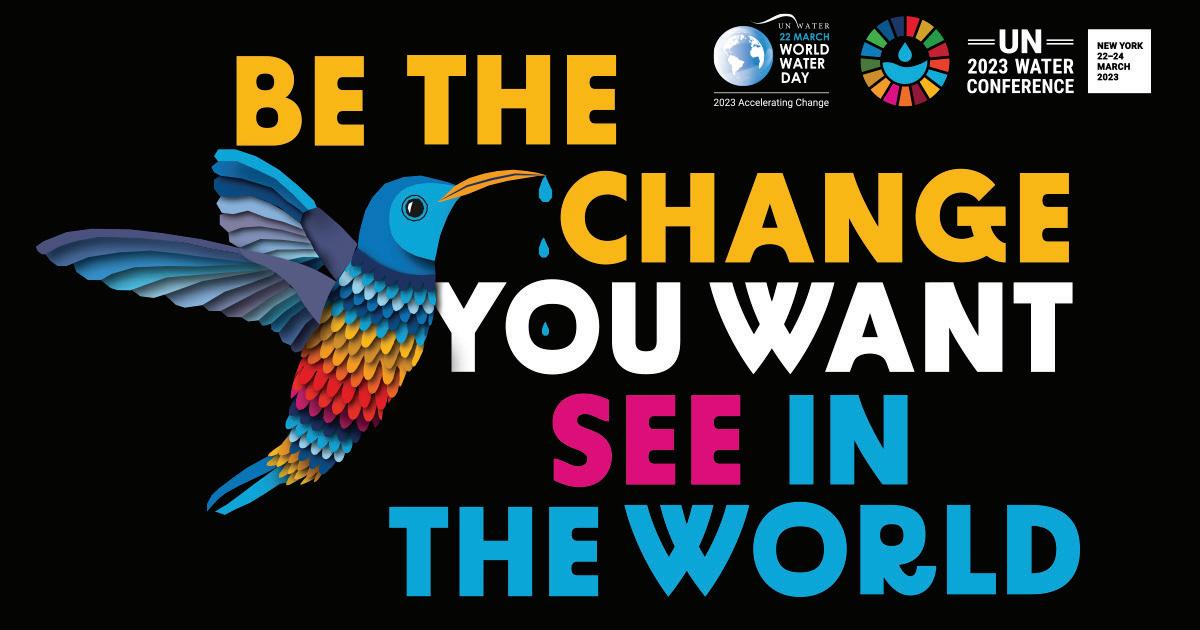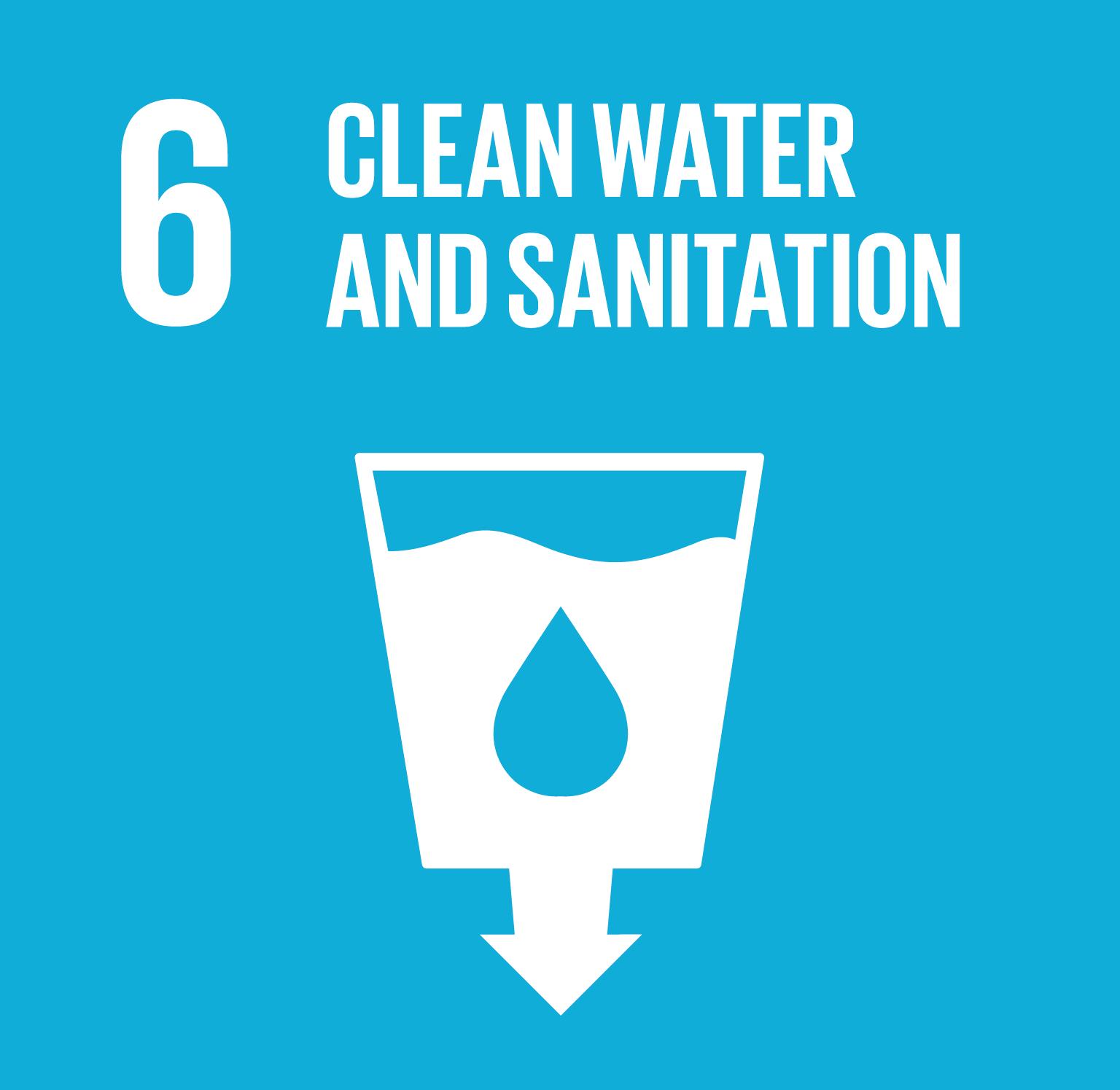
1 minute read
Accelerating Change
“Thousands have lived without love, not one without water.” — W. H. Auden
All plants and animals need water to survive. Water is used for various life-sustaining functions, from removing waste from the body to transporting nutrients. Humans rely on water for many things beyond biological functions – transportation of goods, manufacturing, agriculture, recreation, and much more.
Advertisement
Be the change you want to see in the world
World Water Day is celebrated annually on March 22 to raise awareness of freshwater issues and to encourage action to protect the world’s water resources. This year, the focus of Water Day is on accelerating change to solve the water and sanitation crisis given that globally, we are far behind in achieving the Sustainable Development Goals specifically related to water – Clean Water and Sanitation. The global campaign, called “Be the change”, encourages people to take action in their own lives to change the way they use, consume and manage water.

Managing water resources in Guyana
Guyana is one of four countries that host the Guiana Shield, one of the most pristine rainforest landscapes in the world. The Guiana Shield stores around 18% of the world’s tropical forest carbon and 20 percent of the world’s fresh water. Further, Guyana’s ocean area – more than half of Guyana’s terrestrial area – offers a new frontier for sustainable development through the expansion of the Ocean/Blue Economy (LCDS 2030). The Government of Guyana has recognised the importance of water management in the updated version of the Low Carbon Development Strategy, as a new incentive for a low-carbon economy. The LCDS aims to upgrade
Guyana’s water and other sectors, including transportation and energy on a low-carbon, non-polluting trajectory.
Several state agencies are responsible for water resources management in the land of many waters. The EPA has an overarching role in the management of freshwater resources under the Environmental Protection Act Cap 20:05 and Water Quality Regulations 2000. These include:
* preventing or controlling pollution,
* establishing, monitoring, and enforcing environmental regulations
* promoting and encour-
SEE PAGE XIII








